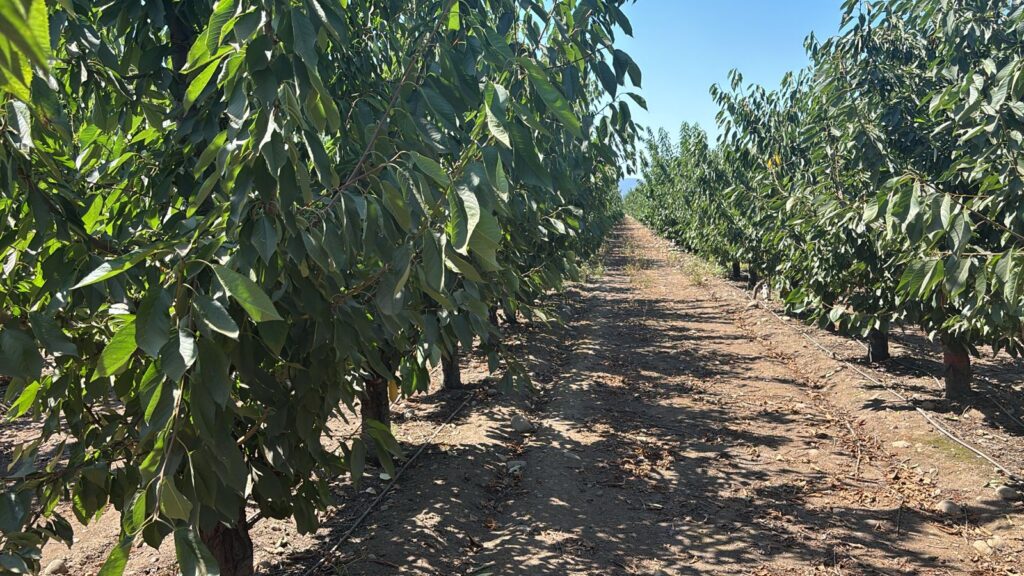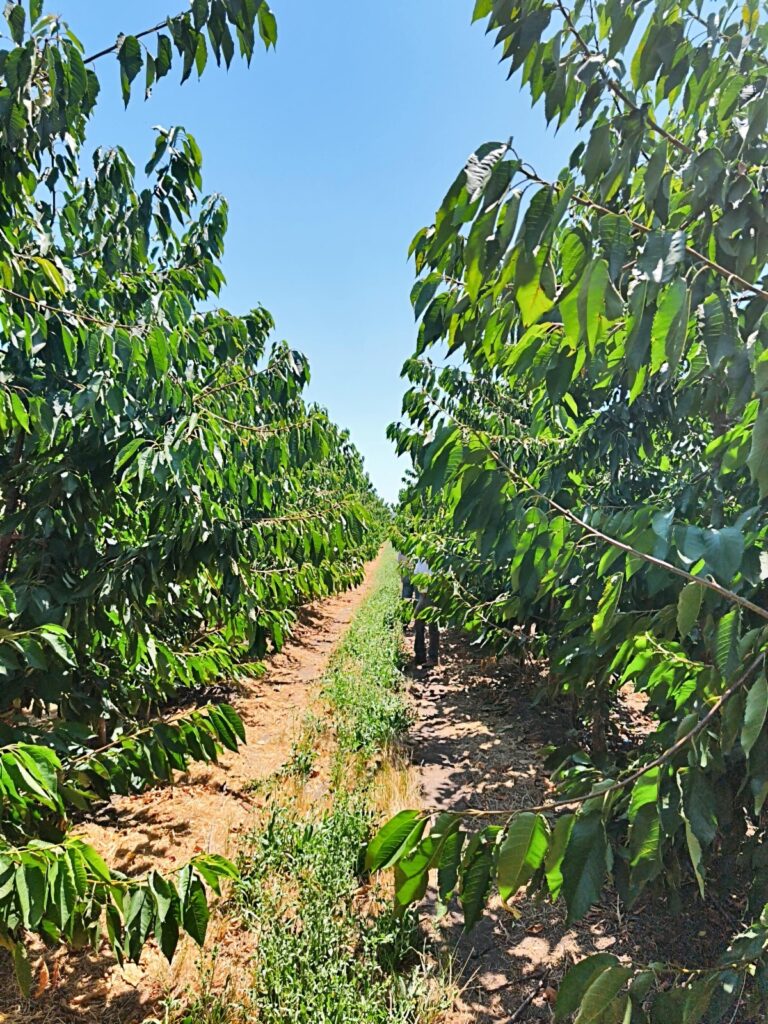By: Francisco Duboy, Partner and Co-Founder of C&D Agricultural Consulting.
Those of us who have been in this field for a long time have seen how the use of contractors to carry out seasonal agricultural work has become indispensable.
This has probably been increased by the emergence of producers who have only one species, as they are unable to maintain a constant flow of labor, and have large peaks of days at certain points of the year.
A producer who has a varied number of species and varieties often managed to connect one task with another, in such a way as to maintain a large number of plants; today this is increasingly difficult to find.
Those chosen to solve this problem have been the agricultural contractorsThese are responsible for finding workers, transporting them, negotiating with them and, at the same time, they must comply with the obligations of national legislation, such as employment contracts, payment of contributions and additional obligations such as payment of the Mutual Fund, Unemployment and Disability Insurance, among others.
In this sector, we can find all kinds of contractors, large ones that move 200-400 people, and small ones that only move a small van. In the same way, there are some that are true entrepreneurs, that have good administration and service, and even the most informal ones that often do not even have a start in activities to issue invoices and operate in the grey area; normally the latter appear and disappear year after year.
Our suggestion is to do everything possible to have one or two “friendly” contractors, who you can trust will complete the agreed hours, have low staff turnover and comply with legal obligations, so that the agricultural company is covered against any type of problem, such as accidents, lawsuits, etc.
Maintaining a long-term relationship with a contractor helps both companies work better with each other, understand each other's methods and procedures, and avoid mistakes along the way.
To facilitate the review, we suggest the following steps:
1) Name, RUT and Address of the contracting company.
2) Legal Representatives.
3) Bank Account (this one has to be in the name of the entity issuing the invoice).
4)The contractor must present CERTIFICATE OF WORK AND SOCIAL SECURITY RECORD and FORM F30-1, which are obtained online from the work address.
5) Contract between the Agricultural Company and the Contractor for the Work or Task to be performed, detailing:
-Place.
-Labor and its value.
-Specify who is responsible for providing PPE.
-Duration of the contract.
-Working hours.
-Specify internal rules of the agricultural company, normally clarified with the Internal Regulations.
-Specify topics such as transportation and meals if applicable.
-Specify the mandatory nature of employment contracts with contracted workers and the payment of their contributions, which must be submitted to the agricultural company on a monthly basis.
*We suggest having a contract reviewed by lawyers, which is generic and can be completed each time a new job is started. This contract should be audited year after year, due to possible changes in national legislation.
6)The contract must be submitted to the DT and the Contractor must present proof of this to the company.
7) Employment contracts for all workers arriving at the field, duly signed. These contracts must specify the place where the work is being done and what is being done. We suggest that the Contractor send a list of workers in advance.
8) Legal documentation of workers, such as an identity card and all required permits, in the case of foreigners or minors.
9) The agricultural company must have attendance control parallel to that of the contractor, so that at the end of the month or the end of the task, payments can be compared and the correct payment of social laws can be reviewed.
10) We suggest specifying in the contract that a percentage of the invoice payment will be retained until the payment of contributions is submitted (normally this corresponds to VAT, since contributions must be paid before the 13th and VAT before the 20th, therefore, it does not generate a cash flow problem for the contractor).
11) It is important that the agricultural risk prevention specialist delivers the Right to Know (now Obligation to Inform) talks to all staff and monitors the correct use of PPE, ladders, etc.
12) Regarding facilities, it should be remembered that legislation requires a certain number of bathrooms per number of workers and lunch areas.
It is also very important to keep in mind that farmers are jointly responsible for the actions that the Contractor does or does not do. Therefore, if a contractor does not fulfill his obligations, whether it is payment of salaries, social laws or does not have coverage for an accident (even if it is in transit), the person responsible will always be the farmer.
Personally, we are involved in this area, both as advisors and as producers, and we know that many times, especially when the harvests are in a hurry, it is very difficult to keep everything in order, therefore, it is essential to do this. check-list with time and allocating administrative resources so that all this is carried out in a good manner. This helps on the one hand to eliminate the possibility of bad times with accidents, lawsuits and others and, at the same time, improves our quality as employers, often questioned by other sectors.








